Assistant Professor of Medicine, Dr. David Scales (Am’01), is committed to three things: ensuring equal access to health and human rights globally, researching infectious diseases such as Lyme disease, and helping governments and communities address public health misinformation while promoting unimpeded information ecosystems. David is also a Thouron Alum who has had a transformative life journey, even prior to his time in our programme. This journey has led him to finding himself, his values, and being a voice and advocate for others often disregarded in the world.
Born in the Middle East, David grew up in the U.S. across both coasts, and eventually found his way to Montreal, Québec. “I usually tell people I’m from Atlanta because that’s where I spent the most time as a child,” he shares.
As is common among our Thouron Community, David has several degrees and prestigious accolades. Through the Thouron Award, David studied at the University of Cambridge, earning a MPhil in History and Philosophy in 2002 — following the completion of his undergraduate degree in Chemistry and History, a double major, at the University of Pennsylvania. It was there that David had the benefit of working with Kati Kariko and Drew Weissman, who were jointly awarded the 2023 Nobel Prize in Physiology or Medicine for their work developing effective mRNA vaccines against COVID-19.
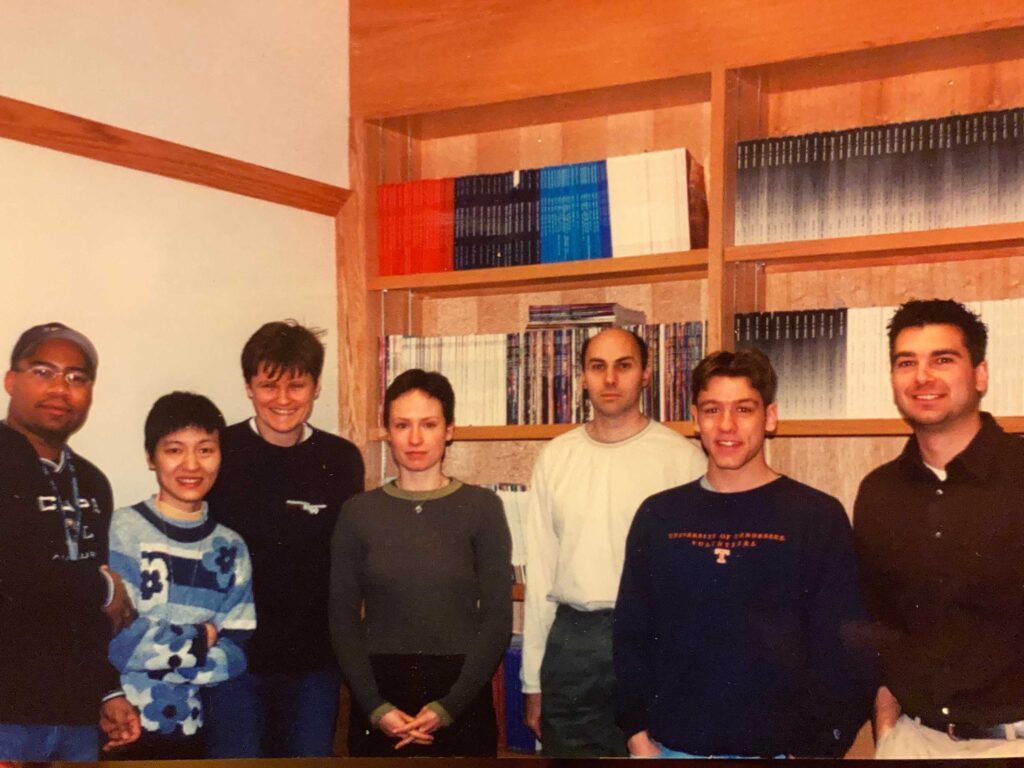
A Twist of Fate Brings Opportunity
While studying as a double major at Penn, David never had a chance to study abroad. The Award fulfilled a dream in that way. “The funding not just to study but to travel was transformative in multiple ways. I was in Belfast on 9/11. Being someplace where people have lived through and emerged from a long-standing, violent, history plagued by terrorism and freedom fighters put a particular lens on those landmark events. I spent the next few weeks travelling through Orkney and the outer Herbrides, and the solitude helped put things in perspective before starting classes at Cambridge that October,” he recounts.
It was David’s plan that he would pursue a career in traditional medical research with a focus on immunology after working in Drew Weissman’s lab. However, his year as a Thouron Scholar changed things. “I realized I was more interested in understanding social complexity than reductionist laboratory science. I decided to do qualitative social science, seeking to understand social phenomena in all its context and complexity,” he shares. Much of his time at Cambridge was spent reading and that ultimately led David to his PhD work examining global health infectious disease policy.
At Yale University, David completed his MD as well as a PhD in Sociology in 2010. His journey with academia and medicine was far from over. “My graduation speech at commencement for UPenn’s College of Arts and Sciences in 2001 was based on the theme of Twain’s adage, ‘I never let my schooling get in the way of my education.’ So my education has looked like this: Postdoc at Boston Children’s Hospital, residency in Internal Medicine at Cambridge Health Alliance (Harvard), and specialized training in Hospital Medicine at Weill Cornell,” he details.
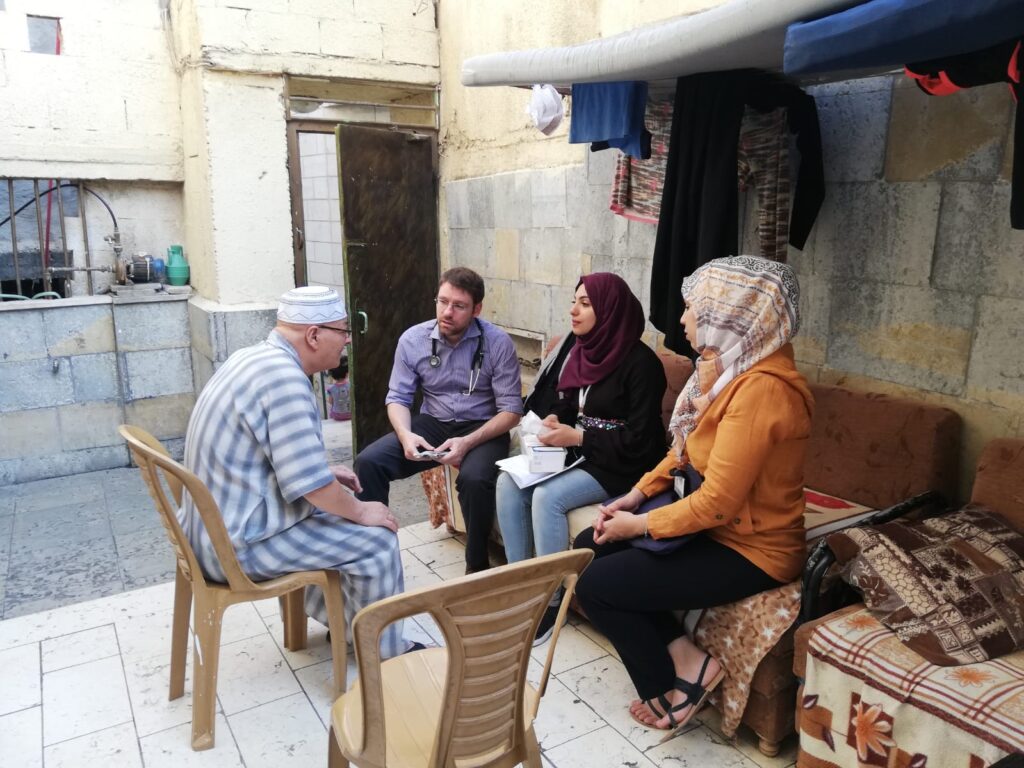
The Caring Medical Researcher
Of course, David achieved more to match the contributions he has since given back to society’s global health. For example, he worked for three years alongside Nobel Prize winners; treated Palestinian and Syrian refugees in Jordan as well as the West Bank while learning enough Arabic to earn a certificate of medical interpretation in Levantine Colloquial Arabic; and David was a special correspondent for WBUR, a Boston NPR Station, focusing mostly on Lyme disease.
“I see myself as a ‘generalist’ and a translator. Generalists, like your GP, are people who have enough knowledge to know what to be concerned about and enough language to be able to communicate efficiently and effectively with specialists. We don’t have generalists in social science, but we should,” David shares. It is his opinion that having people who know enough social science and public health would have helped tremendously during the first few years of the COVID-19 pandemic, as those people are able to speak a language understood by siloed specialities, work towards a solution, and bring it to the public and policy makers.
Today, David is an Assistant Professor of Medicine at Weill Cornell Medicine, where he works as an internal medicine hospitalist — working 30% of his time per year in the hospital. “The rest of my time I focus on research, seeking to help develop ways for communities, physicians, and public health systems to build resiliency into their information ecosystems. My goal is to help ensure people are making health decisions that are commensurate with their health goals, and, if not, develop ways to — non-confrontationally — explore that cognitive dissonance,” he states.
With such a storied journey in medicine, David has plentiful accomplishments from throughout his career and personal life. Several are his most proud, and largely parts of his identity — from his reporting on Lyme disease, wherein he received a small Pulitzer grant to report on how the medical and public health system in France is handling the disease; his work in the Middle East, setting up a community health worker programme in the West Bank whilst serving on the board of Questscope, an NGO based in Jordan; to contributing to a report on Understanding and Addressing Misinformation about Science for the National Academies of Science; and developing “Community-oriented Motivational Interviewing (MI)” as a way for communities to address misinformation by leveraging community members intervening on social media that support their key community values.
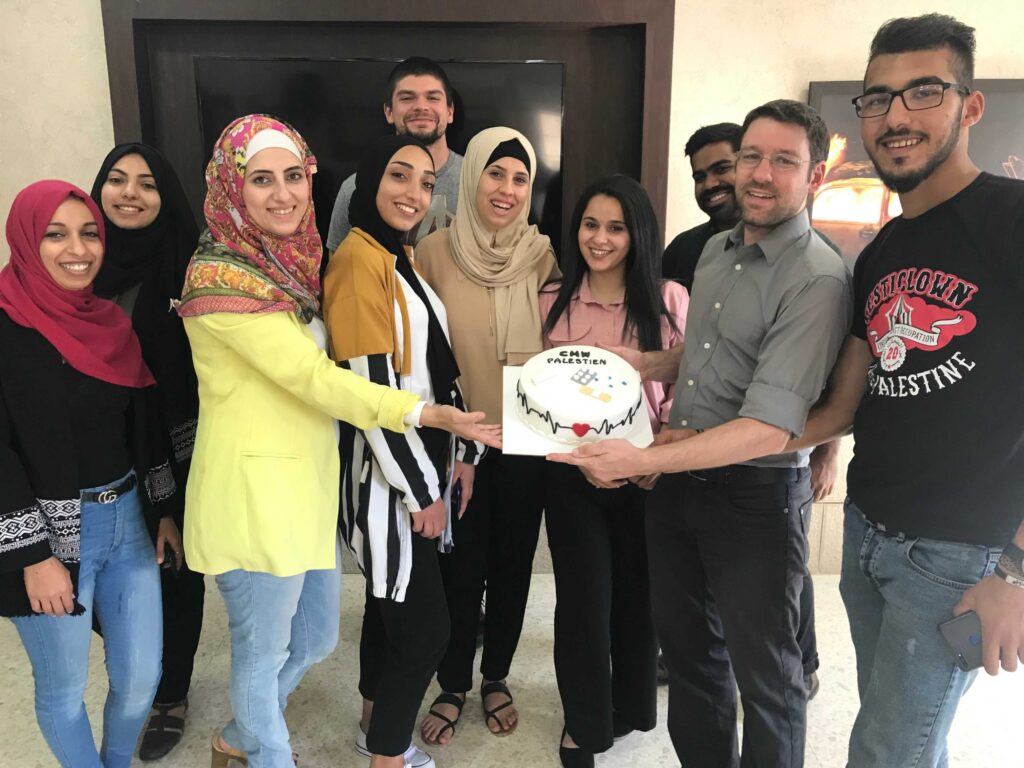
Genuine Care for All
“A driving force in my career has been seeking to ensure equal access to health and human rights, whether in the Middle East or at home. Our Health for Palestine project has grown from serving two West Bank refugee camps in 2016 to now serving five camps, including two that face nearly continuous military violence. Whether folks support this project or another, I think it is important to recognize that people — and especially children, have a right to a life without starvation, water deprivation, and insecurity,” he shares.
While David has travelled less since he has small children at home, he does continue to find connection through the Thouron Community. “I’ve found Thouron connections everywhere, but often by chance! I’d love to attend more events if I can make the travel,” he admits. Though, as the universe would have it, a rather important collaboration has developed between David and a fellow Thouron Alum, Claire Wardle (Am’99).
“Claire and I met working with the U.S. Surgeon General in his efforts to mitigate the impact of misinformation during the pandemic. It’s been wonderful to work with a friend and colleague to think deeply about how to detect and respond to the harms that can pop up as a result of how our contemporary information ecosystem is structured,” he details.
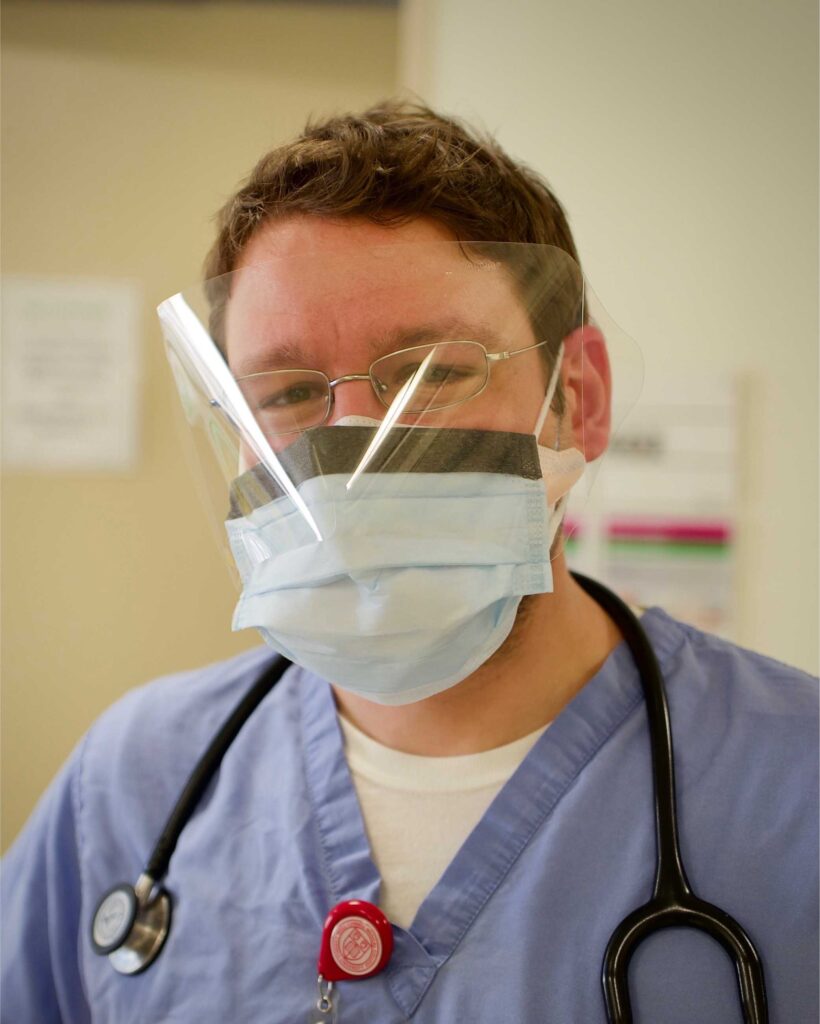
The project came about when David and Claire observed how different information monitoring systems, that were consolidated during the pandemic, created worrisome ethical quandaries and were unlikely to meet their stated goals of helping health departments or policy makers protect the communities they served.
“We saw the need to rethink how these systems are designed to ensure they put community priorities and perspectives at the center. Misinformation is a problem, and depending on how you define it, it can seem large or small. But if you zoom out, and consider that misinformation is only one way that information can be distorted as it traverses our contemporary information ecosystem, then it raises [multiple] questions,” David explains.
As he presents it, if we want information ecosystems that promote individual and societal goals, such as democratic good governance, accountability, and ensuring people are well informed to make medical decisions in line with their health goals, then we need better data and systems to know whether our information ecosystems are facilitating or undermining those goals.
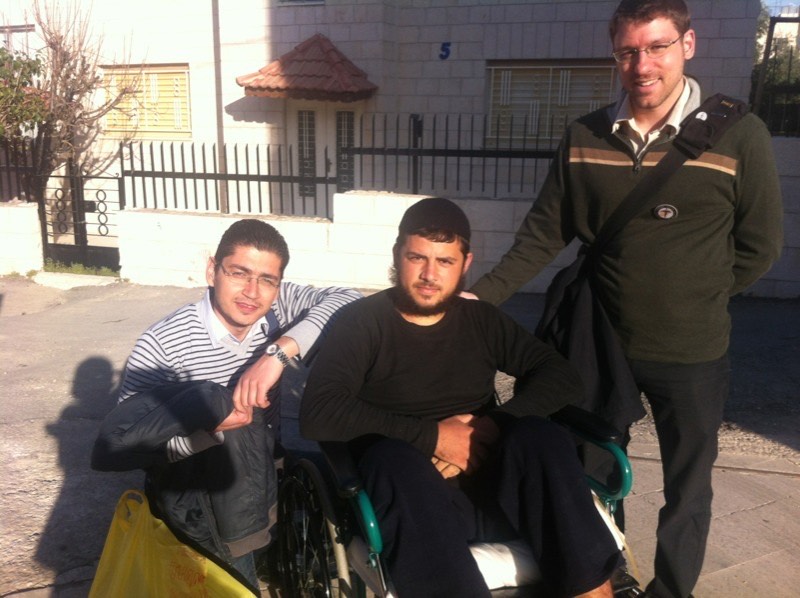
Creating a Balanced Life
You might wonder where David has the time to think or do anything beyond helping improve the quality of health for others, directly in medicine or as accepted constructs of science? He does have hobbies! “[My hobbies are] sports, like cycling, cross country skiing, and water polo — which I played at Cambridge [when] we came second that year in the BUSA championships! [As well as] modular origami, different languages and cultures, [and] I loved to travel before I had kids,” he quips.
As for the Award and whether it continues to grow and evolve for future Thouron Scholars, David had nothing short of care and kindness to say. “I hope the Thouron can continue to foster collaborations across disciplines. There’s so many talented Alumni, I’d love the chance to meet more of them through regular Alumni events in my area. I love the larger occasional gatherings, and hope one day to be able to make one of them,” he shares.
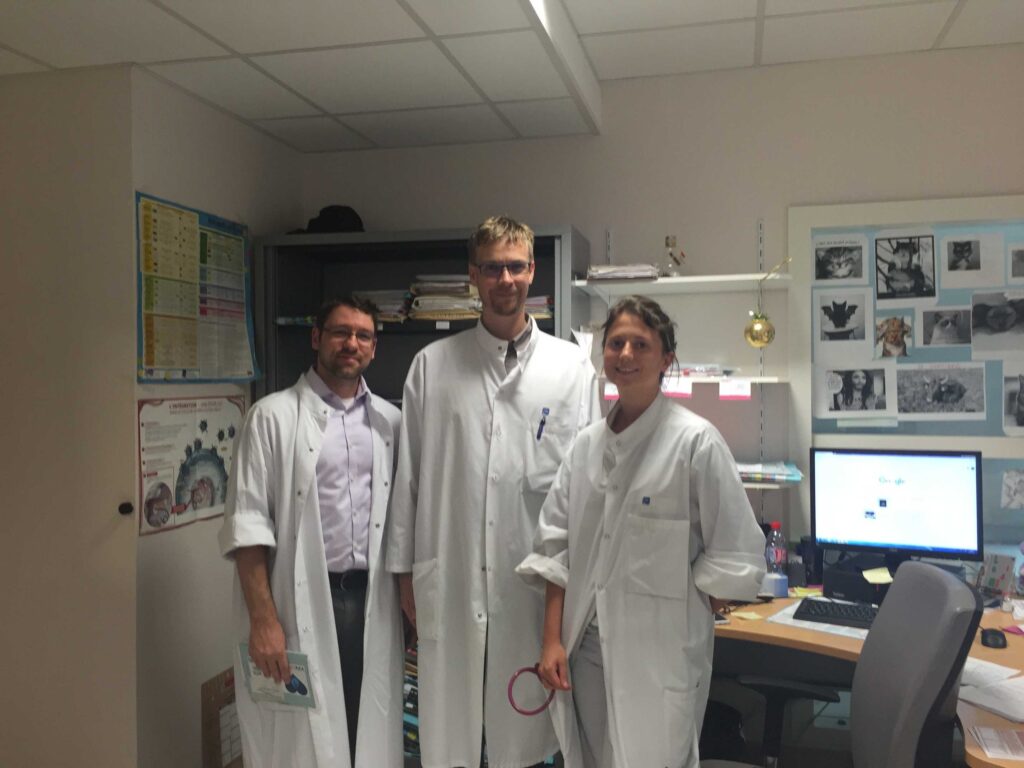
What Could Your Future Look like as a Thouron Scholar?
Learn more about the Thouron Award — one of the most prestigious and generous academic scholarships in the world, offering funding and cultural exchange between the University of Pennsylvania and U.K. institutions.
Applications for the Award are open from July to October for candidates from Penn and July to November for U.K. candidates.
